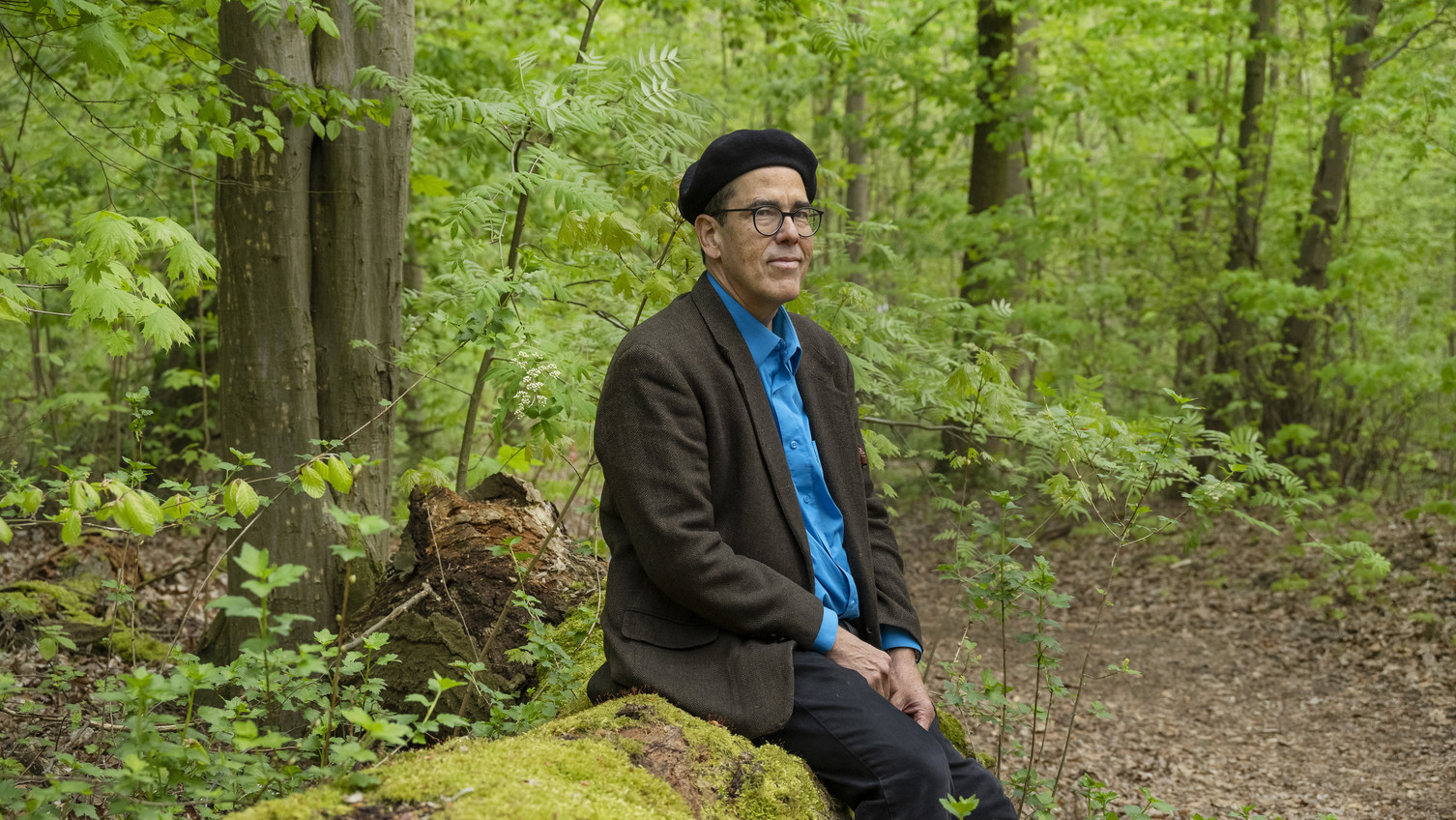Richard Drayton was born in Guyana and grew up in Barbados. He did his first degree at Harvard, and graduate study at Oxford and Yale. Beginning as a Research Fellow at Cambridge, his teaching career has spanned Oxford, Virginia, Cambridge, and in 2009, he was appointed to the Rhodes Chair of Imperial History at King's College London. In 2020, this was renamed on his initiative the Chair of Imperial and Global History.
Drayton's research focuses on the question on how empires shape economy, society, politics, and culture at both their centres and peripheries. One key concern, inspired by Eric Williams and Walter Rodney, has been the role of the colonial periphery in the making of Europe. He has also a special interest in the History of the Caribbean, in particular its intellectual life since 1800.
He has held visiting appointments at Harvard, the Chinese Academy of Social Sciences, EHESS in Paris, the University of Sydney, City University New York, LMU in Munich, the FU and Humboldt Universities in Berlin, and at All Souls College, Oxford. He is the recipient of numerous awards including the Forkosch Prize of the American Historical Association, the Philip Leverhulme Prize for History, and in 2021 the Alexander von Humboldt Prize in recognition of his “lifetime research achievements”.
He is Co-Editor of Cambridge Imperial and Post-colonial Studies Series, Macmillan Palgrave, and Member of the Editorial Boards of Journal of Imperial and Commonwealth History, World History Studies (Chinese Academy of Social Sciences), and Third World Approaches to International Law.
Abstract
Europe's Hinterlands and its Oceanic Empires
“Deutschland bezahlte seine Kolonialwaren mit Leinen”. Jossif Michailowitsch Kulischer, with this terse formula, sought only to explain a German phenomenon: how sugar, coffee and tobacco importation was intrinsically tied to linen production, far up the Elbe from Hamburg. The full implications of this kind of connection for the larger global history of Europe have not yet been explored. I seek to illuminate how the oceanic empires of Western Europe in the c. 1500-1850 period depended on the hinterlands of the continent, in particular in Central and Eastern Europe.
European economic and colonial expansion have usually been examined only through the imperial histories of competing maritime nations like Portugal, Spain, the Netherlands, France and England. But this oceanic imperial competition depended paradoxically on forms of trans-continental European exchange and collaboration.
Extra-European expansion depended on the hinterlands of Europe for inputs and for the sale of exotic colonial imports. Cities like Antwerp, Hamburg and Bordeaux were hinges linking overseas colonies with new agrarian, mining and industrial frontiers far from the ocean. How did the mediaeval and early modern regional economies in central Europe, built around environmental facts of seas, rivers and mountains, create an infrastructure which made possible the Atlantic empires? And how did these empires transform the integration of Europe, creating a new Euro-global geography of work and consumption, and with it profound cultural and political changes?
Education
PhD Yale University
Harvard University
Balliol College Oxford
Professorship
Professor of Imperial and Global History, King's College London
Most Recent Publications
“Reading for Time in How Europe Underdeveloped Africa.” Small Axe 27, no. 3 (72) (2023): 194–202.
“The Caribbean Origins of How Europe Underdeveloped Africa.” African Economic History 50, no. 2 (2022): 17–21.
“European Social History, a Latecomer to the Global Turn?” Annales 76, no. 4 (2021).
with Dubow, Saul, ed. Commonwealth History in the Twenty-First Century. London: Palgrave Macmillan, 2020.
“Race, Culture and Class: European Hegemony and Global Class Formation, c. 1800–1950.” In The Global Bourgeoisie, edited by Jürgen Osterhammel, Christof Dejung, and David Motadel, 339–358. Princeton: Princeton University Press, 2019.


